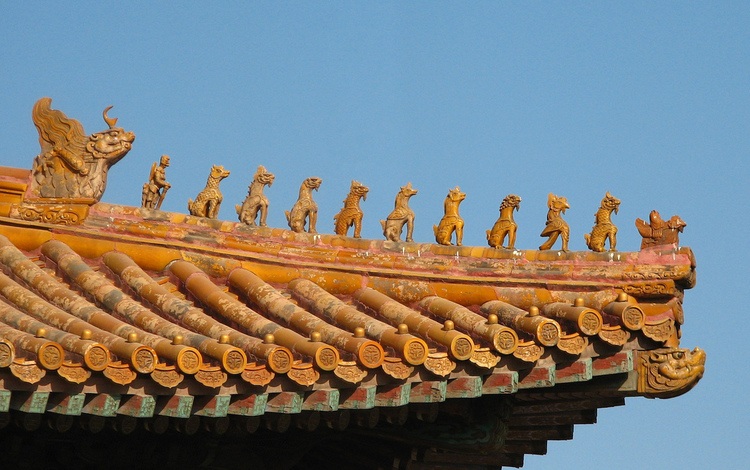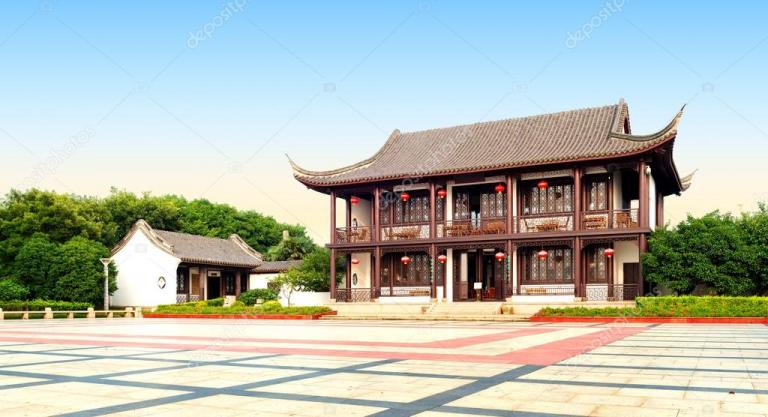Characteristics of Chinese architecture
2 min readChinese architecture has long been a landmark of Chinese culture.There are certain features common to Chinese architecture,regardless of specific regions or uses.
The most important is its emphasis on the horizontal.In contrast to Western architecture,which tends to grow in height and in depth,Chinese architecture stresses the width of the buildings.The halls and palaces in the Forbidden City,for example,have rather low ceilings when compared to equivalent stately buildings in the West,but their external appearances suggest the all-embracing nature of imperial China.
Another important feature is its emphasis on symmetry,which connotes a sense of grandeur;this applies to everything from palaces to farmhouses.One notable exception is in the design of gardens,which tend to be as asymmetrical as possible.Like Chinese scroll paintings,the principle underlying the garden’s composition is to create enduring flow,to let the patron wander and enjoy the garden without prescription,as in nature itself.

Still,the practice of making houses face south is one of the most striking features.The reasons are obvious to get more sunshine and avoid the prevailing winds,especially the cold wind from the north in winter.
Chinese buildings may be built with either red or gray bricks,but wooden structures are the most common.These are more capable of withstanding earthquakes,but are vulnerable to fire.
The roof of a typical Chinese building is curved.There are strict classifications of gable types,comparable with the classical orders of European columns.
Fengshui,a special Chinese tradition in architecture as well,usually links the entire process from site selection,designing,construction and interior and exterior decorating in ancient times.Fengshui combines the trinity of Heaven,Earth and Human,and seeks harmony between selected site,orienting,natural doctrine and human fate.It repulses human destruction of nature and stresses cohabitation with the environment,which is regarded as perfect and occult.In China,a Fengshui practitioner,or a diviner,usually applies theories as Yin-Yang,Si Xiang,Wu Xing and Ba Gua,based on the principle of the Heaven and the Earth in harmony,to select an optimal place for burial or accommodation.









